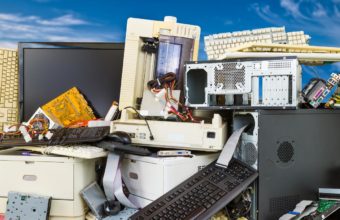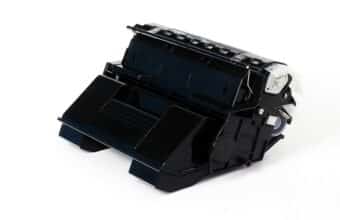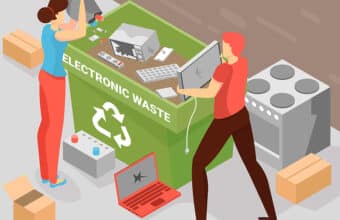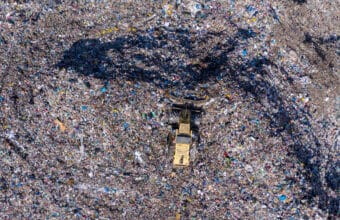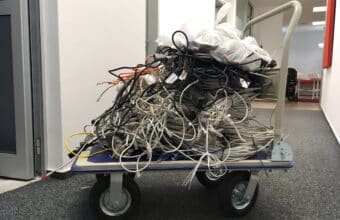Electronics Recycling
-
Protecting Your Business: Say No to Landfills for Electronics Disposal
When it comes to retiring your IT assets, one key consideration is where they end up. Sure, you might be environmentally conscious, but there’s more at stake here than just green initiatives. IT equipment contains valuable recyclable materials, alongside hazardous components that demand responsible disposal. Dumping electronics, including IT equipment, is illegal in many areas, […]
read more -
A Guide to Securely Disposing of Your Printer
No business or medical facility would dispose of documents without ensuring the destruction of confidential information, but what you may not know is that your printer can also contain sensitive data. Failing to securely dispose of your printer can result in data breaches or regulatory violations when information falls into the wrong hands. Do I […]
read more -
The Environmental Benefits of IT Asset Remarketing
IT asset remarketing is an excellent way to recover value from your old computers, laptops, servers, and other equipment. However, there’s more to it than the financial benefit alone. You’re also helping to improve your organization’s environmental impact by choosing responsible IT asset disposal. Getting the Most Out of Every Asset Just because you’re finished […]
read more -
The Importance of IT Asset Disposition (ITAD) for Small Businesses
Small businesses often have limited resources and face unique challenges when it comes to managing their IT equipment. However, the process of disposing of outdated or unused IT equipment, commonly referred to as IT asset disposition (ITAD), is essential for all businesses, regardless of size. Importance of ITAD for Small Businesses: Small businesses may think […]
read more -
Steps to Take After Receiving Your Risk Assessment Results
Risk assessment is an important part of data security for your company. This is the process that helps your business identify any potential threats or vulnerabilities to both your data and that of your customers. Risk assessment is especially important when it comes to disposing of or recycling outdated computers and hard drives. Once you’ve […]
read more -
Protecting Sioux Falls: The Importance of Properly Recycling Batteries
In today’s rapidly advancing world, batteries have become an integral part of our daily lives. From powering our daily devices to providing energy for various gadgets, batteries play a crucial role in keeping our modern lifestyles running smoothly. However, as we embrace the convenience and power of these energy sources, we must also be mindful […]
read more -
How IT Professionals Handle Old Electronics – Insights from a Revealing Survey
In a rapidly advancing technological landscape, businesses continually upgrade their IT assets to remain competitive. Yet, the process of IT asset disposal (ITAD) brings forth a unique set of challenges. A recent survey delves into the practices of small- and medium-sized businesses (SMBs) when it comes to handling aging electronics. The findings underscore a concerning […]
read more -
A Comprehensive Guide to Secure and Sustainable IT Asset Disposition
In today’s rapidly evolving technological landscape, businesses continually upgrade their IT infrastructure to maintain a competitive edge. However, the question remains: What should organizations do with their outdated equipment? Responsible and secure disposal of IT assets is paramount to safeguard sensitive data, comply with regulations, and minimize environmental impact. Conduct a Comprehensive Inventory and Data […]
read more -
Why It’s Important to Track Your IT Assets Through the Disposition Process
If your business works with sensitive data, you know how important it is to protect both the information itself and the digital assets that contain it. It’s why your business invests in professional IT asset disposition services. But did you know that simply paying for responsible destruction or recycling services isn’t enough? You also need […]
read more
